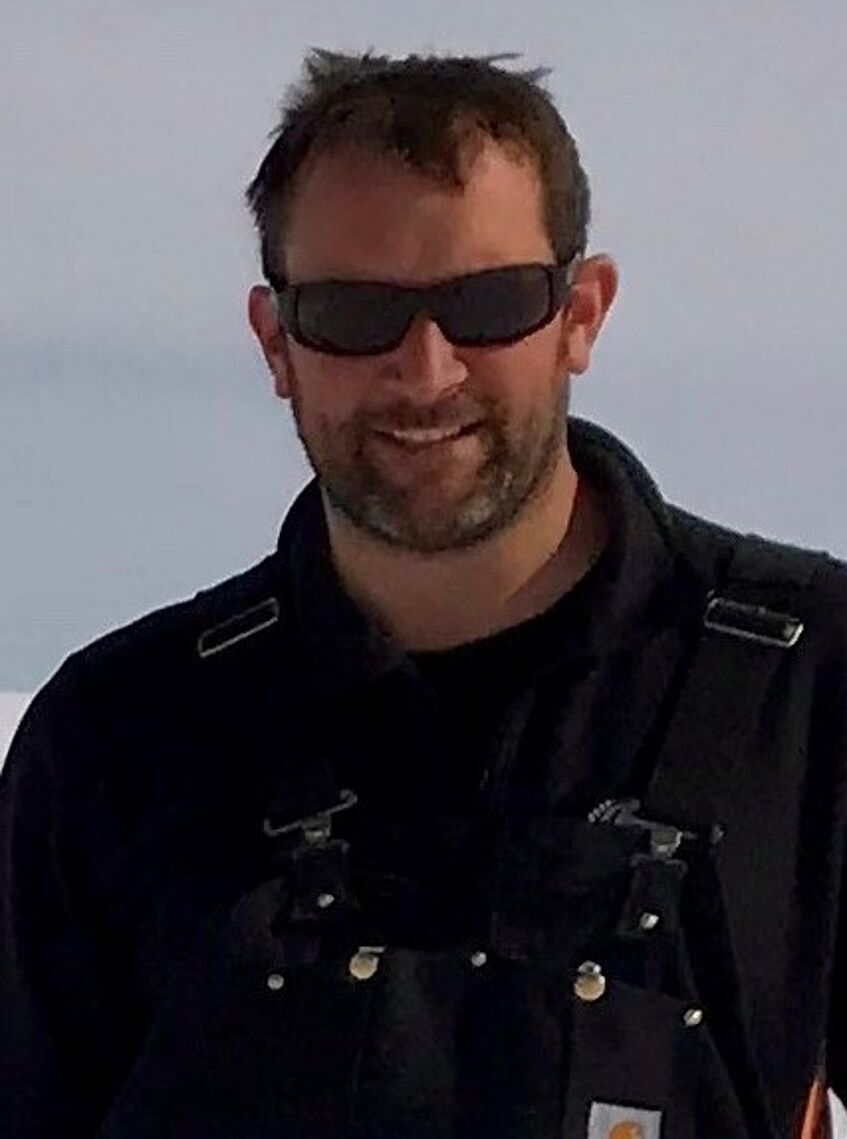
Research interests
My research focuses on reconstructing the history of Earth's climate system and geomagnetic field from sedimentary records on timescales of 10's to millions of years and on geological carbon sequestration opportunities. The research involves expeditions on research ships around New Zealand and Pacific Ocean and to remote field areas in Antarctica combined with lab based empirical studies on sedimentary processes and rock properties.
Southern Ocean circulation reconstructions and sediment basin histories
Antarctica plays an important role in regulating earth's climate. The cold ice sheets interact with the ocean and are the powerhouse for global deep circulation which controls our weather and how heat is distributed around the world.
We are developing new sedimentary proxies from laboratory-based flume experiments to understand better deep sea sedimentation processes and the relationship between sediment facies, basin morphology, and ocean currents. Complementary to this, sedimentary records are being developed and dated to reconstruct ice rafted debris and organic geochemical studies to reconstruct ocean surface temperature.
Geological Carbon Sequestration
Current global emissions will result in 2.9°C warming by 2100. Emissions must be reduced, and a mix of carbon removals strategies are needed to prevent warming above 1.5°C. While geological carbon sequestration is often associated with pumping CO2 into exhausted oil and gas fields it is unlikely that enough storage capacity is available here. An alternative carbon sink takes advantage of unique CO2 fixing properties of certain rocks including serpentinites which react with CO2 to form solid carbonate minerals. However, natural reaction rates are too slow to have a meaningful impact on rising CO2 levels.
Current work is focused on developing geophysical models from magnetic and gravity data to predict the occurrence of serpentinites at depth where reaction rates are suitably fast for carbon sequestration. Laboratory work is underway to understand the magnetisation and magnetic mineral properties of these rocks which are essential data for geological modelling.
Research Under the Antarctic Science Platform
Knowing how the Antarctic ice sheet will respond in the future is essential but to determine that we need to look at environmental records of how the Antarctic ice sheets and surrounding ocean have changed in the past. The multi-institution Antarctic Science Platform project 'Antarctic Ice Dynamics – Past, Present, and Future' uses a range of geological and geophysical techniques to investigate past changes and present-day ice sheet behaviour.
Follow the SWAIS2C project here https://www.swais2c.aq
In a recent study on an Antarctic sedimentary core we redefined our understanding of the frequency of West Antarctic Ice Sheet advance and retreat cycles over the last million years (Ohneiser et al 2023, Nature Geosciences).
